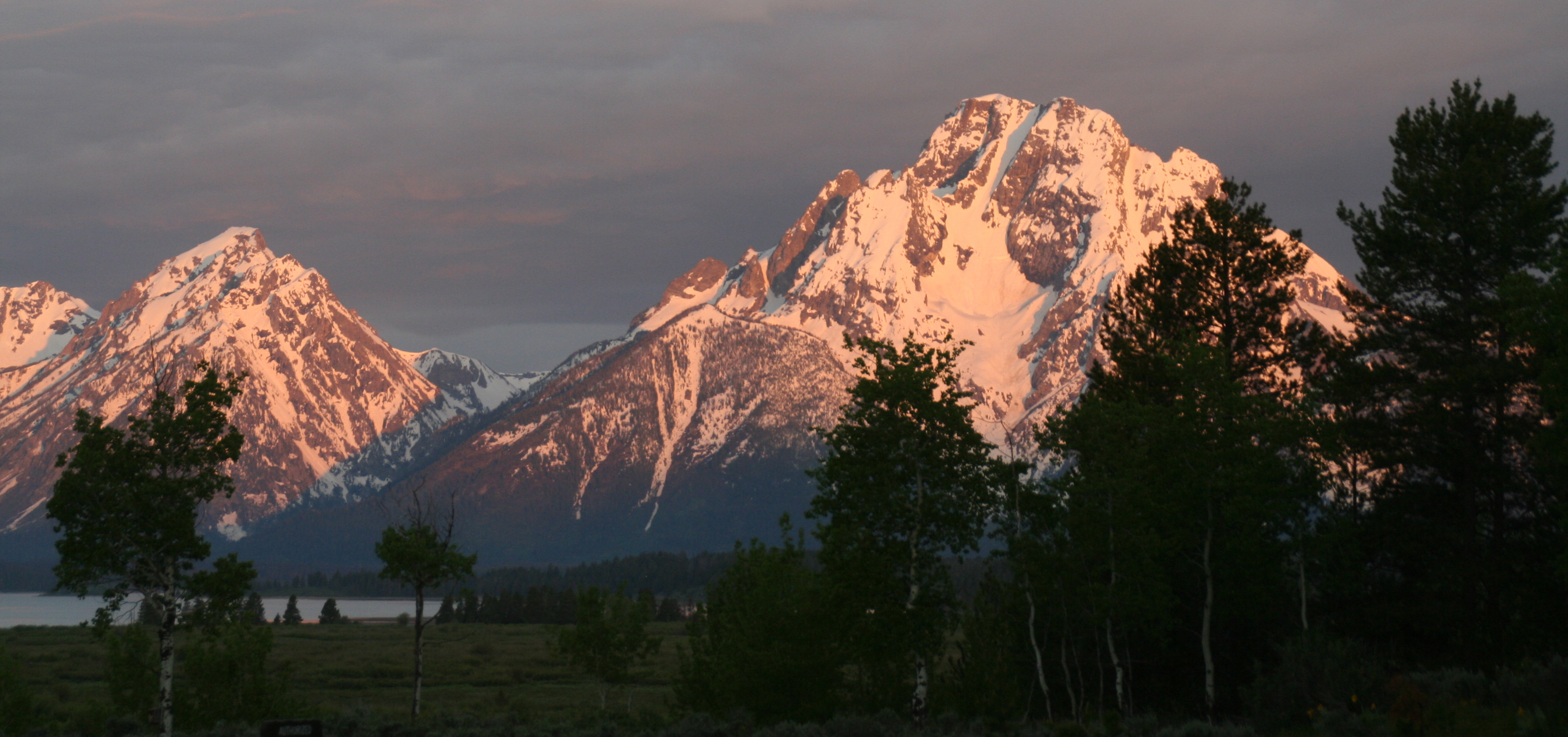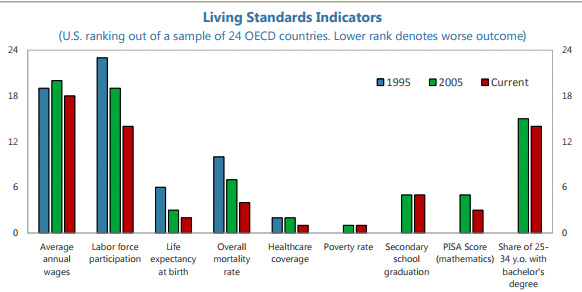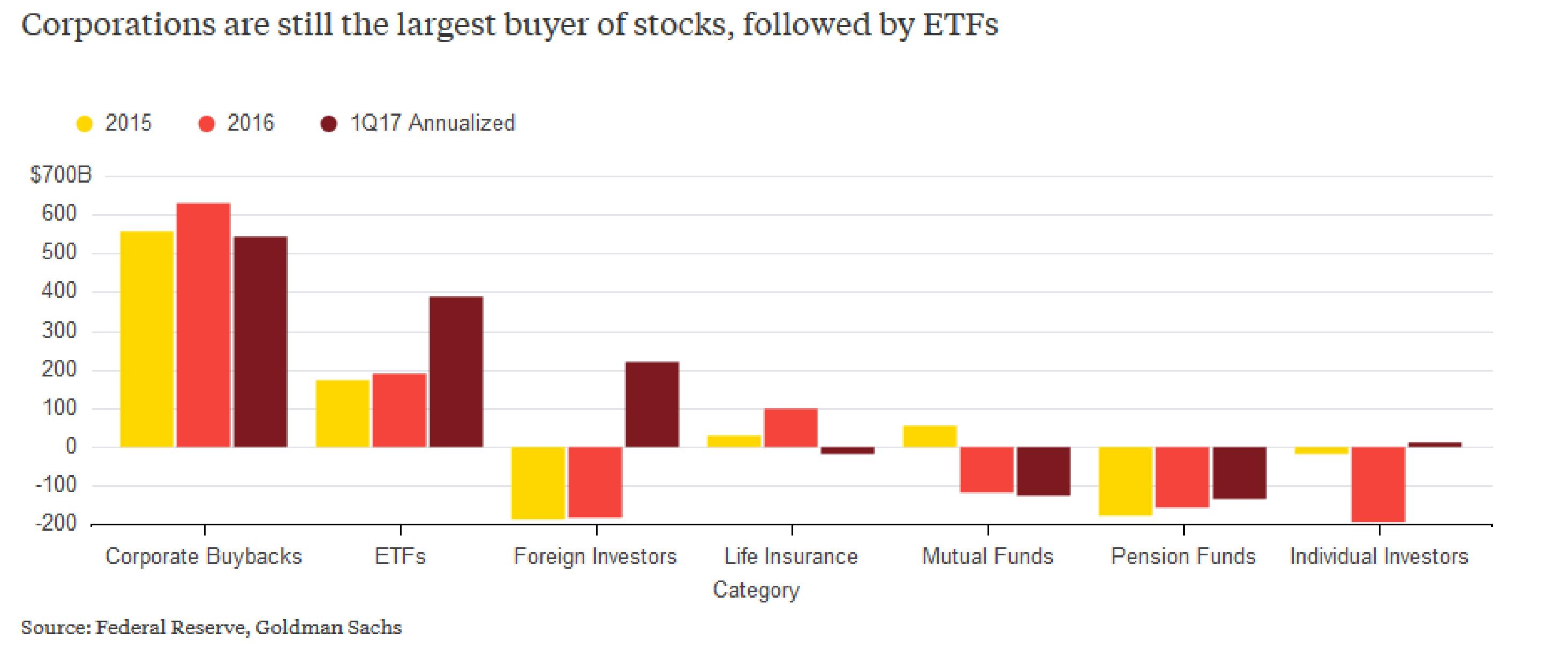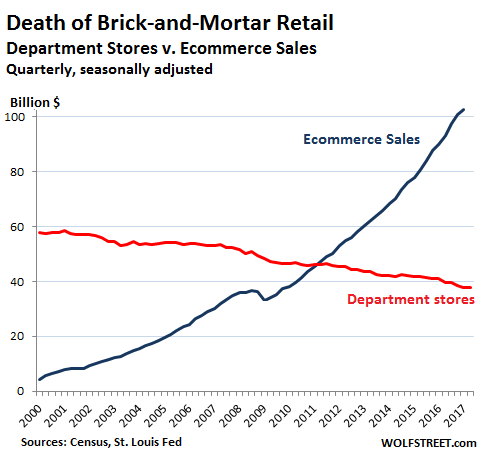The Daily Escape:

Grand Tetons early morning – 2011 photo by Wrongo
Two short thoughts for your Saturday. First, hidden in the language of the GOP’s Tax Bill is a something that would change the Johnson Amendment, a provision in the tax code that prohibits churches, faith communities, and other non-profits from outright endorsing political candidates:
…The provision is not a complete repeal of the Johnson Amendment. As written, it would only free up religious communities—not all non-profits—to endorse candidates and appears to prohibit churches from going out of their way to campaign for a candidate outside of their normal religious activities.
The GOP wants to erode the separation of church and state. Let’s see who, if anyone, in Congress is willing to fight for the Constitution.
Second, the Democrats had a grenade go off inside the DNC when an excerpt from Donna Brazile’s new book was published by Politico. She claims that the Clinton administration assumed control over the Democratic National Committee (DNC) in exchange for keeping it solvent, then funneled most of the funds raised into her campaign, leaving the states with very little to support down-ballot races.
The states kept less than half of 1 percent of the $82 million they had garnered from the Hillary fund-raisers the campaign was holding to support state-level candidates. That’s about $4.1 million.
When Howard Dean was chair of the DNC he instituted a 50-state policy, saying the DNC would maintain full time workers in each state, to contest seats up and down the ballot from the county, to state legislature to house and senate races.
When Obama won, Dean was out, and the 50-state policy was dismantled. After that, the DNC was reorganized to serve only national level elections. And Obama For America took its place as the funds-raising vehicle for the presidential re-election. And Hillary did much the same with the Hillary Victory Fund, but she went further, as Brazile reveals: The DNC would covertly back Hillary in the primaries.
And now, through these efforts, the Democrats have lost the White House, the Senate and the House, in addition to most state governments.
It’s hard to decide what’s worse, that the party is run by incompetents, or that it is just hopelessly corrupt.
Time for a hostile takeover of the Democratic Party.
On to the weekend. You obviously need to go to a happy place that doesn’t include continual assaults by our national media. So brew up a cup of London-based Union Hand-Roasted Coffee’s El Topacio Microlot, El Salvador, available online for £8/200g.
Now kick back someplace you can see the natural world outside, and listen to Peter Mulvey playing his instrumental, “Black Rabbit”. Mulvey is known for his guitar chops and songwriting. He got started by playing in the Boston metro. This short acoustic gem is executed with ease, and pure musicality:
Those who read the Wrongologist in email can view the video here.










 From
From 

